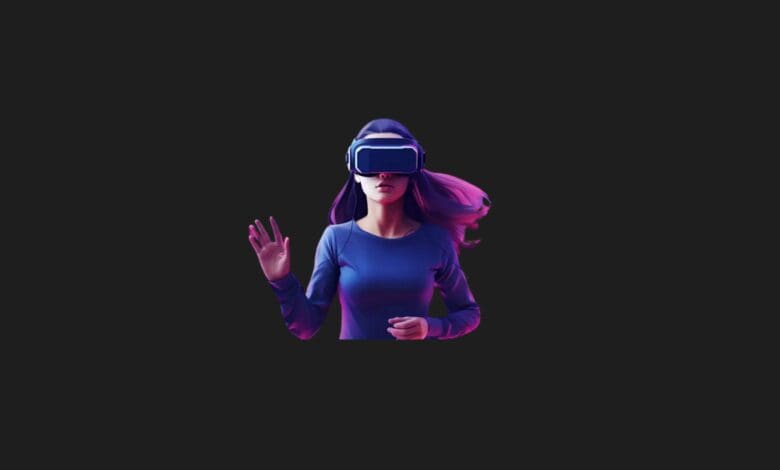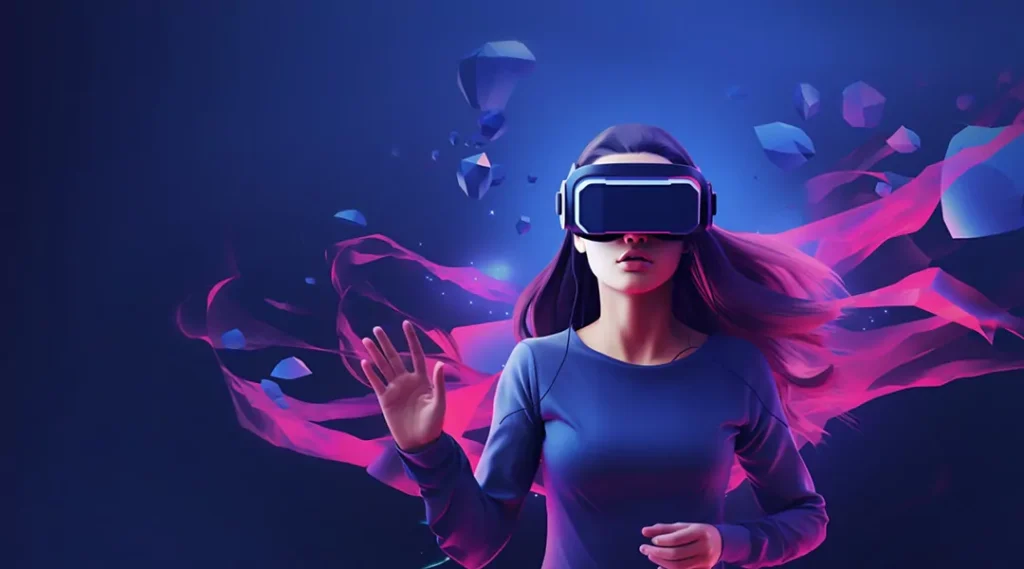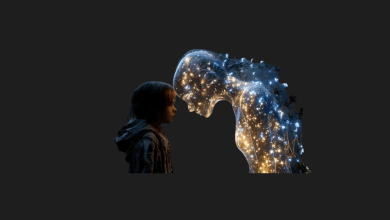
The Metaverse, NFTs, and artificial intelligence (AI) are emerging as three pivotal technologies shaping the future of the digital world. The convergence of these innovative fields brings together virtual reality, digital assets, and intelligent systems in a way that has never been seen before. This interaction of technologies is crafting the digital environments and economies of the future, opening up new possibilities and experiences.
The Metaverse, NFTs, and AI are the three leading technologies driving the evolution of the digital landscape. As these innovative sectors merge, they offer a unique blend of virtual reality, digital assets, and intelligent systems. Let’s delve into how this powerful trio is creating the future’s digital spaces and economies.
The Role of Artificial Intelligence in the Metaverse

The metaverse is a virtual universe where the physical and digital worlds converge, allowing users to interact as avatars. Artificial intelligence (AI) enhances this universe, making it more realistic, interactive, and personalized:
- Evolution of NPCs: AI is advancing non-player characters (NPCs) in the metaverse, making them more intelligent and lifelike. These NPCs can engage in natural dialogues with users, learn from interactions, and adapt to their environment.
- Dynamic Environment Creation: AI-driven algorithms generate new environments and landscapes in real-time, providing users with an ever-expanding universe to explore.
- Personalized Experiences: AI analyzes user preferences and behaviors to offer tailored experiences within the metaverse. For instance, it can suggest activities that align with a user’s interests.
- Language Translation and Communication: AI-powered real-time translation systems enable seamless communication between users who speak different languages in the metaverse.
- Virtual Economy Management: AI monitors and analyzes economic activities within the metaverse, predicting price fluctuations and maintaining the balance of virtual assets.
- Security and Supervision: AI systems detect and prevent unwanted behavior, such as cyberbullying, enhancing user safety and security in the metaverse.
- Physics Simulation: AI improves the realism of physics in the metaverse, allowing objects and avatars to move more naturally.
Platforms like Meta’s (formerly Facebook) Horizon Worlds utilize AI to create immersive virtual worlds. This platform enables users to build their own environments and offer AI-powered interactive experiences.
NFTs Powered by Artificial Intelligence

NFTs (Non-Fungible Tokens) ensure the uniqueness and ownership of digital assets through Blockchain technology. Artificial intelligence (AI) adds new dimensions to the NFT landscape:
- AI-Powered NFT Creation: Generative AI systems can produce original digital artworks. For example, platforms like Art Blocks are built on AI algorithms that create unique pieces.
- Dynamic NFTs: AI can enable NFTs to evolve over time. An NFT might change its appearance based on the owner’s interactions or external data.
- Value Estimation: AI is used to predict the future value of NFTs, providing valuable insights for investors and collectors, thus enhancing their decision-making processes.
- Counterfeit Detection: AI algorithms help detect fake or copied NFTs, thereby increasing the credibility of the digital art market.
- Personalized NFT Recommendations: AI offers personalized NFT suggestions based on users’ interests and collection history.
- Smart Copyright Systems: AI-powered smart contracts ensure that artists automatically receive royalties from secondary sales of their NFTs.
- Interactive NFTs: AI makes it possible to create smart NFTs that users can interact with and even play games with.
The Alethea AI platform, for instance, offers AI-powered smart NFTs designed as characters that can interact with users, learn, and evolve over time.
The integration of AI with the metaverse and NFTs is creating new opportunities across various industries:
- Education: AI-powered metaverse environments provide interactive and personalized learning experiences.
- E-commerce: Online stores use AI assistants to offer customized shopping experiences.
- Entertainment: AI can generate new game scenarios and stories in real-time within the metaverse.
- Art & Culture: AI-powered NFTs give artists new ways to express themselves and explore revenue models.
- Business: Virtual offices and meeting rooms become more efficient with the help of AI assistants.
As AI continues to integrate with the metaverse and NFTs, we can expect to see virtual universes governed by AI, constantly evolving based on user interactions, and NFT characters with their own personalities and learning capabilities. Advances in blockchain technology may also lead to more efficient and environmentally friendly NFT platforms.
The incorporation of AI into the metaverse and NFT realms has the potential to fundamentally transform how we live and interact in the digital world. This trio of technologies enhances the value and functionality of digital assets while enriching virtual reality experiences.e coming years, developments in this field may profoundly affect not only the world of technology and economics, but also our social relations and understanding of art.











